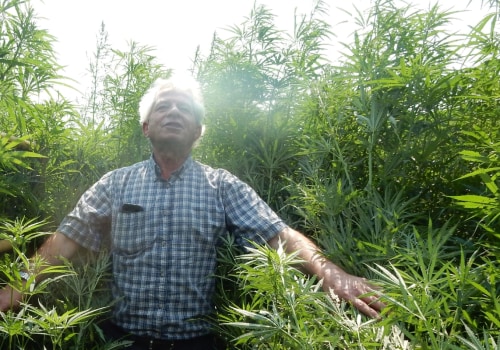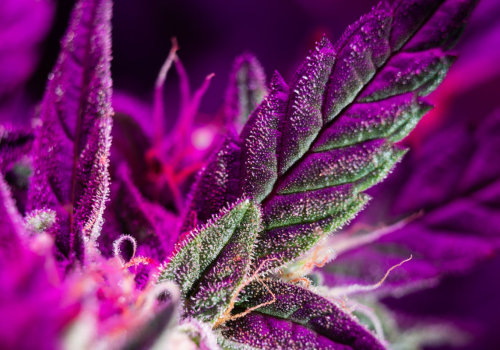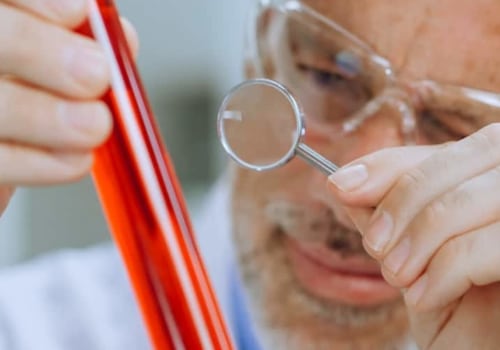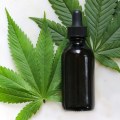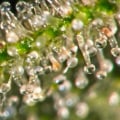Hemp is a versatile and sustainable crop that has been used for centuries, even by ancient civilizations. It is now making a comeback as a fashion staple, with many brands offering hemp clothing lines. Hemp is an abundant, drought-resistant crop that thrives in a variety of soil and climate types in much wider latitudes than cotton. It requires very little water to grow, with almost no pesticides or fertilizers, and it maintains soil fertility.
Hemp plants are among the fastest-growing plants on Earth and need much less land to produce the same amount of fiber as other plants. Patagonia is one of the brands that incorporate hemp into many of their items, mixing it with organic cotton, recycled polyester and more to create durable and attractive clothing that naturally absorbs moisture and is environmentally friendly. Ukraine used industrial hemp to help clean up the Chernobyl site, naturally removing radioactive elements from soil and groundwater. In general, hemp appears to be slightly more environmentally friendly than cotton, as it is superior in terms of water and land requirements, and only slightly worse for energy use.
Hemp fibers have a high tensile strength, so clothing made with hemp tends to be durable and tear resistant. Unfortunately, hemp still has a bad reputation and represents only a small proportion of all the fibers produced today. We can divide the benefits of hemp fabrics into five categories: environmental issues, consumer and manufacturer needs, and unique fabric qualities. Hemp wins from an environmental perspective compared to cotton cultivation, as it's easier to process and requires less land and fewer pesticides and fertilizers. As a nitrogen-fixing plant, it even improves soil health. Finding the perfect organic cotton clothing isn't always easy, which is why I've chosen three of my favorite brands of organic cotton.
Sailors have been using hemp ropes and sails for centuries, and the abundance of the crop was crucial during the War of Independence. Canada and several European countries now allow their farmers to grow hemp with a THC content of less than 0.3 percent, a tenth stronger than the weakest marijuana. Hemp is an excellent choice for those looking for sustainable fashion options that are also durable and tear resistant. It requires fewer resources than cotton cultivation while still providing high-quality fabrics that are perfect for clothing items such as jumpsuits, pants, dresses, t-shirts, and more.
